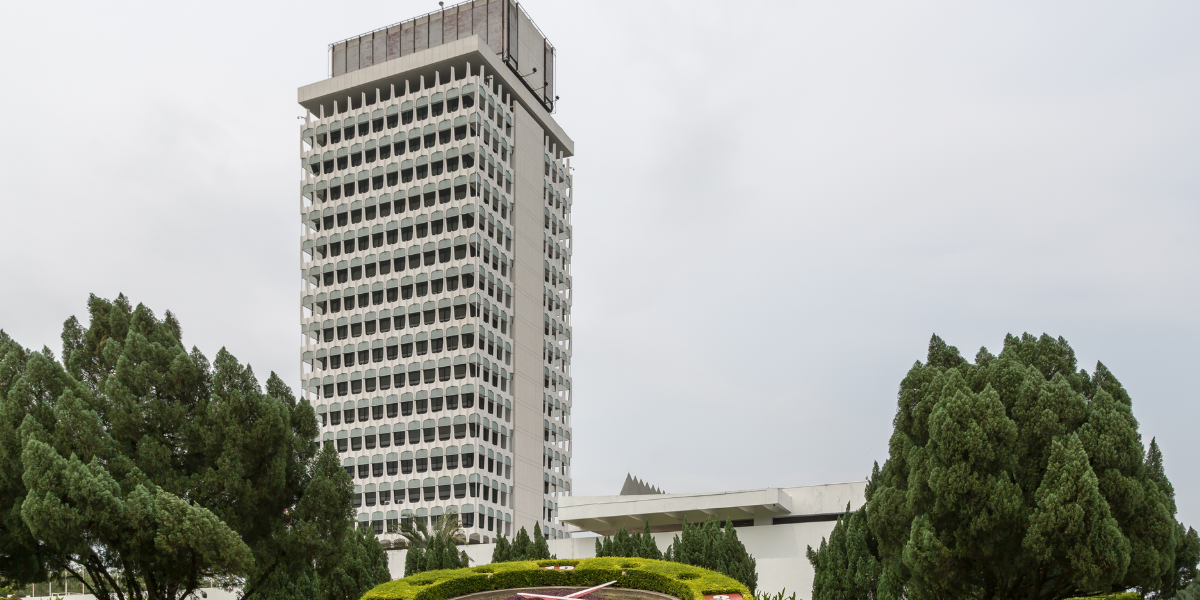On 27 March 2024, the Inland Revenue Board of Malaysia (IRBM) released guidelines about the Tax Treatment on Gains from the Disposal of Foreign Capital Assets Received from Outside Malaysia.
The key points of the guidelines are as follows:
Chargeable Persons
Effective from 1 January 2024, gains from the disposal of all types of foreign capital assets received in Malaysia by the following residents are subject to tax:
- Companies;
- Limited Liability Partnerships (LLP);
- Trust Bodies; and
- Cooperative Societies.
Chargeable Gains
Gains from the disposal of foreign capital assets situated outside Malaysia are considered taxable income under paragraph 4(aa) of the Income Tax Act 1967 (ITA) subject to the prevailing tax rate. Gains from the disposal of foreign capital assets received in Malaysia that are subject to tax refer to the disposal of foreign capital assets that occur on or after 1 January 2024.
Examples of foreign capital assets situated outside Malaysia include:
- Immovable property that is physically situated outside Malaysia such as buildings and land;
- Movable property that is physically situated outside Malaysia such as machinery, vehicles, fixtures, fittings, and plant;
- Intellectual property rights situated outside Malaysia owned by an owner or licensee of the right who is a resident in Malaysia, such as copyrights, patents, research and development, computer software, and trademarks; and
- Shares issued by a company incorporated outside Malaysia that are not subject to any provisions under the ITA.
In determining the gains from the disposal of foreign capital assets that are chargeable to tax, expenses wholly and exclusively incurred for the acquisition and disposal of capital assets can be allowed under paragraph 65E(2) ITA. For example, legal fees, appraiser fees, advertising, and expenses to increase or maintain capital value.
Foreign Tax Credits
A bilateral or unilateral tax credit can be claimed in respect of gains from the disposal of foreign capital assets received in Malaysia that are chargeable to tax outside Malaysia. Taxpayers claiming a tax credit must keep record that foreign tax has been imposed on that particular income. If the tax credit claimed for a year of assessment exceeds the Malaysian tax payable on the gains from the disposal of foreign capital assets received in Malaysia, the excess tax credit shall be disregarded.
Tax Exemption
Gains from the disposal of foreign capital assets received in Malaysia are eligible for a tax exemption from 1 January 2024 until 31 December 2026, subject to compliance with prescribed economic substance requirements.
The economic substance requirements include that a taxpayer:
- Employs an adequate number of employees with the necessary qualifications to carry out the specified economic activities in Malaysia; and
- Incurs an adequate amount of operating expenditure for carrying out the specified economic activities in Malaysia.
Due to the different operating methods between industries, the determination of any minimum threshold value for the appropriate economic substance requirements is based on the facts of a case.
Factors that will be considered include:
- The number of employees considering the type of activity involved, for example whether it is a capital or labor-intensive industry;
- Whether the employee works full-time or part-time; and
- Whether the office premises have been used to carry out related activities and whether the premises are sufficient for those activities.
For the purpose of the economic substance requirements, specified economic activities mean:
- In respect of an investment holding entity:
- holding and managing its equity participation in other entities; or
- making necessary strategic decisions in respect of any assets the entity acquires, holds, or disposes of, and managing and bearing principal risks in respect of such assets; and
- In respect of activities other than investment holding entity, specified economic activities refer to the business operations carried out.
Outsourcing of specified economic activities is allowed if the following conditions are met:
- The specified economic activities are carried out by an outsourcing entity in Malaysia;
- Sufficient monitoring and control have been implemented over the execution of the specified economic activities by the outsourcing entity;
- The outsourcing entity is generally expected to charge for the specified economic activities carried out, subject to the application of the transfer pricing rules;
- The number of qualified employees employed and the total operating expenses incurred by the outsourcing entity in Malaysia are equivalent to the level of specified economic activities carried out by the outsourcing entity; and
- There is no double counting if the outsourcing entity provides services to more than one taxpayer.
Tax Reporting
Taxpayers must report the gains from the disposal of foreign capital assets received in Malaysia in the basis period for a year of assessment in the Income Tax Return Form (ITRF), even if a taxpayer is eligible to claim a tax exemption on the gains.
The required information that must be reported includes:
- Type and amount of foreign income;
- Country where the income arises;
- Amount of tax imposed by the foreign country; and
- Any other information that may be determined.
Note that, although not covered in the technical guidelines, the exemption if meeting economic substance requirements does not apply with respect to gains from the sale of intellectual property rights. Further, the exemption does not apply to persons carrying on the business of banking, insurance, air transport, or sea transport.












